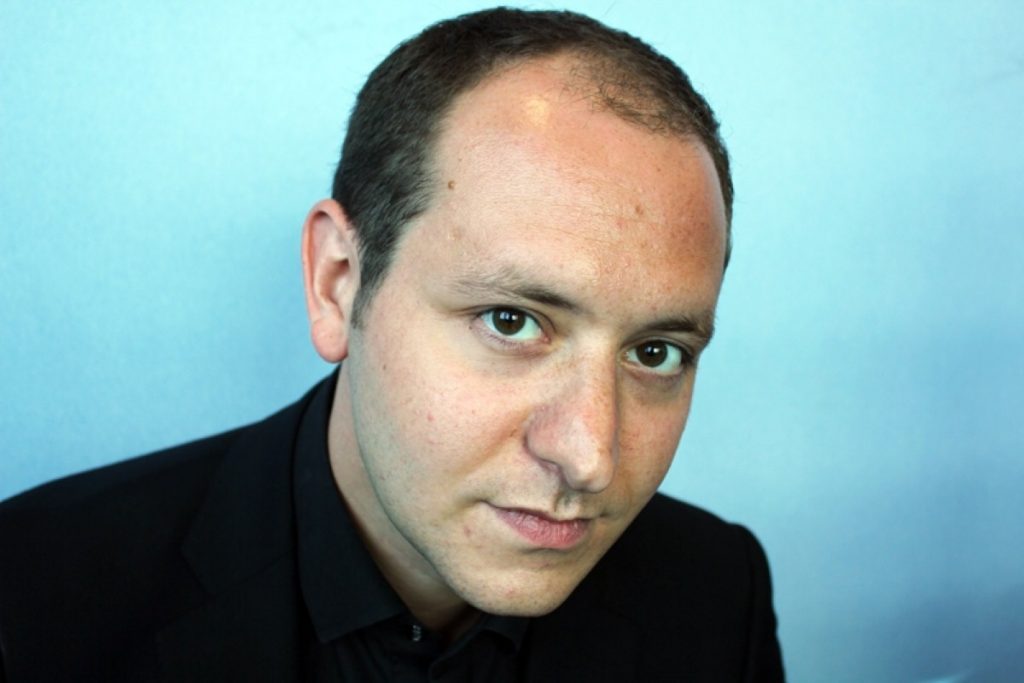Comment: We can pursue disarmament while renewing Trident
When people think about the origin of nuclear weapons, they tend to quote Robert Oppenheimer, who quoted Hindu scripture after the Trinity test. "Now I am become Death," he said, "the destroyer of worlds."
I always thought test director Kenneth Bainbridge had it better. He turned to Oppenheimer and said: "Now we are all sons of bitches."
And we are. Until nuclear weapons are erased from the world, Bainbridge's observation will retain its accuracy. No person of right mind can countenance anything but a world free of them. But unfortunately we are a long way away from that.
If you are in the middle of Mexican stand-off, you do not just put your gun down on the floor. That's a quick way to get shot. Instead, you get everyone to slowly lower their guns together.


David Cameron's article this morning on renewing our nuclear deterrent managed to be simultaneously eloquent and brutal. The former qualities related to his arguments while the latter qualities related to his treatment of Nick Clegg, whose review of the Trident system has now been shown to be worthless.
It would be depressing for our debate over Trident to come down to a binary opposition between unilateralist disarmers on the Liberal Democrat benches and chest-thumping sofa warriors on the Tory benches. The reality is that Britain can fight for a world without nuclear weapons while maintaining a deterrent. We can have our cake and eat it too. We should not treat the present argument and renewal as an end-point, but as a chapter heading.
The nuclear non-proliferation treaty does not demand unilateral disarmament. It acknowledges nuclear-armed states such as the US and UK. What it demands – and this is written in purposefully vague language – is that states take efforts to pursue disarmament in good faith. The new Start treaty between the US and Russia in 2010 was a case-in-point: the reduction in the nuclear arsenal was relatively small, but the direction of travel was clear. That's what the treaty worries about and it's what we should worry about: the direction of travel. We must not get caught up between two extremes.
Britain is already impressive in this regard. Of all the nuclear states, we are arguably the one with the smallest posture and with the most active disarmament drive. We have a small arsenal and we support important initiatives like the comprehensive test ban treaty and the fissile material cut-off treaty.
But the key to abiding by the treaty and pursuing a world free of nuclear weapons is to downgrade our capabilities every generation.
Nuclear capacity is not based on an absolute level of explosive power. The requirements are quantitative, decided by assessments on the amount of damage needed to specific targets to make the owners back away from a crisis. The Ministry of Defence provides the information on how many missiles and warheads are needed to credibly destroy those targets. The targeting requirements are reviewed continuously.
That is the day-to-day operation of the deterrent, but it does not reflect the generational operation. Britain has the power to destroy the world many times over. We do not need it. Our capacity can be significantly reduced without any reduction in our ability to defend ourselves as a country.
As Hugh Chalmers, nuclear analyst at the Royal United Services Institute (Rusi), points out, expert analysis of a nuclear conflict in Asia shows just how severe even a limited exchange would be. If India and Pakistan fired warheads with a kiloton yield – smaller than ours – it would destroy the monsoon weather patterns, devastating the climate in the entire region. And that's in addition, of course, to the actual explosive and radioactive damage.
Britain can comfortably reduce capacity in its next generation of nuclear deterrent. We do not need to be able to destroy the world many times over. We can halve it and still keep all the benefits which come from being a nuclear state.
Such a move would allow us to maintain enough moral standing in the international community to press other countries to reduce their arsenals and discourage others from building them in the first place.
Most importantly it keeps us on the road to ending nuclear weapons once and for all.
Just because we are concerned with the protection of Britain does not mean we should be blind to this sickening invention mankind has created. For some defenders of nuclear weapons, Trident satisfies a creepy phallic dream, a remnant of when Britain ruled the world. That is the worst possible way to view it.
For some proponents of disarmament, patriotism and security seem tohave flown out the window. They would significantly reduce British safety in order to pursue a course of action which in the end reduces our ability to encourage disarmament in other countries
The solution is in between these unpleasant extremes: renew Trident, but significantly downgrade it. Keep our security and keep our moral standing and influence. Have our cake and eat it.
The opinions in politics.co.uk's Comment and Analysis section are those of the author and are no reflection of the views of the website or its owners.












